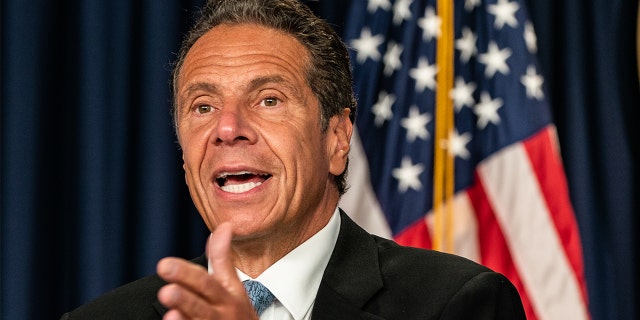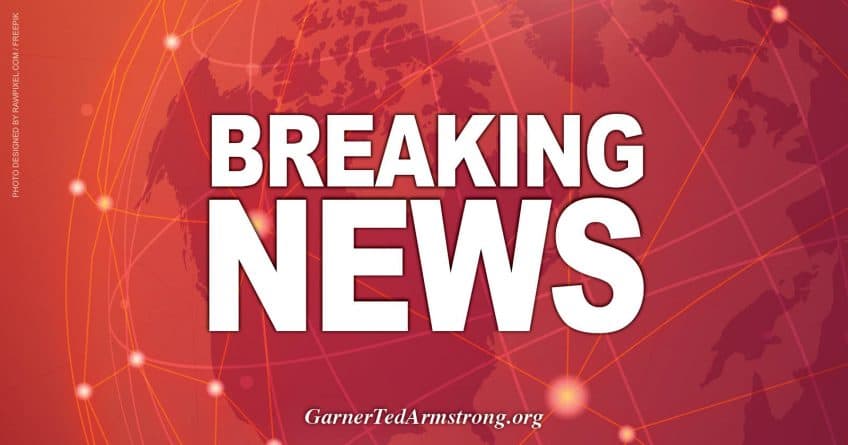Chief Justice Roberts sided with the court’s liberals in the dissenting opinion.
The U.S. Supreme Court on Wednesday night blocked New York Gov. Andrew Cuomo from reimposing strict attendance caps at worship services in areas hit hard by the novel coronavirus.
The court voted 5-4 to bar Cuomo from enforcing his Oct. 6 “Cluster Initiative” against houses of worship that sued to challenge the restrictions.
Under the initiative, Cuomo created color-coded limits on mass gatherings and business operations, in an effort to stem the outbreak in New York City areas that were experiencing a surge in cases, according to Bloomberg News.

New York Gov. Andrew Cuomo speaks during the daily media briefing at the Office of the Governor of the State of New York on July 23, 2020 in New York City. (Getty Images)
It was aimed at worship services at some synagogues and Roman Catholic churches in parts of Brooklyn and Queens.
In the hardest-hit areas, which were designated red zones, the state limited attendance in houses of worship to 25% of their capacity or 10 people, whichever is fewer. The majority said his limits violated the First Amendment’s protection of the free exercise of religion.
In a dissenting opinion on Wednesday, Chief Justice Roberts joined the court’s liberal wing in dissent and said the court had acted rashly, Bloomberg reported.
Roberts joined the court’s liberal wing in dissent on Wednesday.
“Numerical capacity limits of 10 and 25 people, depending on the applicable zone, do seem unduly restrictive,” he wrote, according to the New York Times. “It is not necessary, however, for us to rule on that serious and difficult question at this time.”
“The governor might reinstate the restrictions,” he continued. “But he also might not. And it is a significant matter to override determinations made by public health officials concerning what is necessary for public safety in the midst of a deadly pandemic. If the governor does reinstate the numerical restrictions the applicants can return to this court, and we could act quickly on their renewed applications.”









